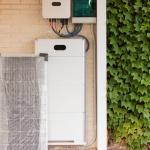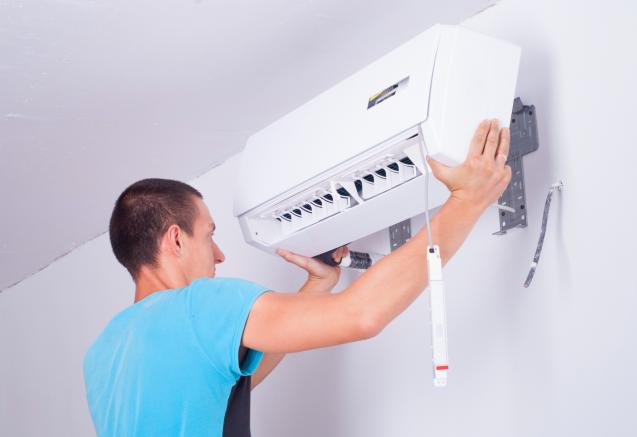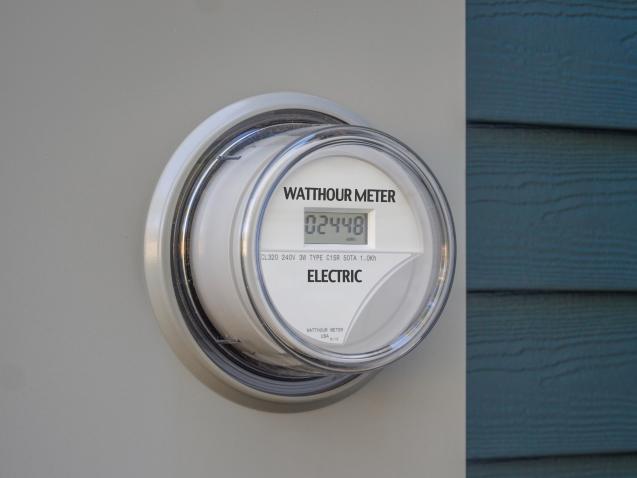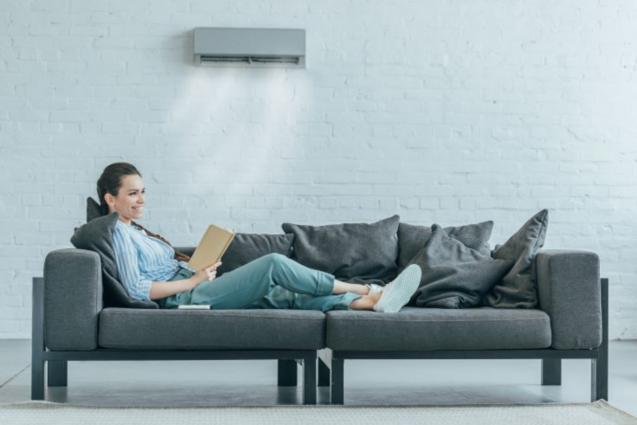
What is a Solar Inverter?
An inverter is an energy conversion device that transforms voltage from a DC (direct current) voltage source into an AC (alternating current) voltage. Solar photovoltaic (PV) panels can be installed on the wall or rooftop. Electricity generated by these inverters enables the reliable use of electric utilities in homes.
Several types of solar inverters exist. Understanding these types is important in determining which one meets your needs and budget. That's why we've put together descriptions of the most common types of inverters.
Most common types of Solar Inverters:
- String inverter: The electricity generated by the solar panels is connected through several cables to a central inverter. These are one of the most popular inverters on the market. Since the panels are connected to one another in a series, none of them will work if one of the panels falls into disrepair.
- Micro Inverter: This type of inverter has a microinverter behind each panel rather than a central inverter. They work better than string inverters when it comes to weather or shade interference, but they tend to be more expensive.
- Battery Inverter: A battery inverter specifically operates to transform DC generated electricity stored in a storage unit, like a battery, into AC power for subsequent use inside the household.
- Hybrid Inverter: A hybrid inverter combines a battery and a string inverter. This allows for energy use in case of a blackout, and it’s often cheaper than buying a string and battery inverter separately.
- Grid-tie Inverter: This inverter pairs with the power of the wave on the grid. The system allows solar power to deliver electricity to the grid.
- Off Grid Inverter: These inverters are aimed to be used for off-grid operation and are suitable for diesel generated electrical power.
Here are a few essential things to remember if you find it difficult to choose.
- Inverter Size: Solar energy production and inverter sizing uses Kilowatt (Kw) as its measurement. You should choose your inverter size according to your solar panel size and power generation capacity.
- Inverter Efficiency: The inverter’s efficiency is the ability of the inverter to convert electricity from DC to AC successfully. On average, 95 percent efficiency will reflect in most inverters, with some inverters reaching 98 percent.
- Inverter Warranty: The warranty period for inverters varies between 5 and 10 years. The installation labour is usually covered for 10 years, however, for longer warranty periods, there may be extra payments.
- Solar Monitoring Technology: The new smart inverters can track many aspects of electricity efficiency, solar battery charge, and the quantity of electricity on the grid. Monitoring is also important when it comes to knowing when your unit is in need of maintenance.
This article is a brief overview of inverted solar systems, but you may want to know more about solar inverter systems or have other questions before purchasing, so contact a trusted solar installer for advice.




Nice article to read very informative